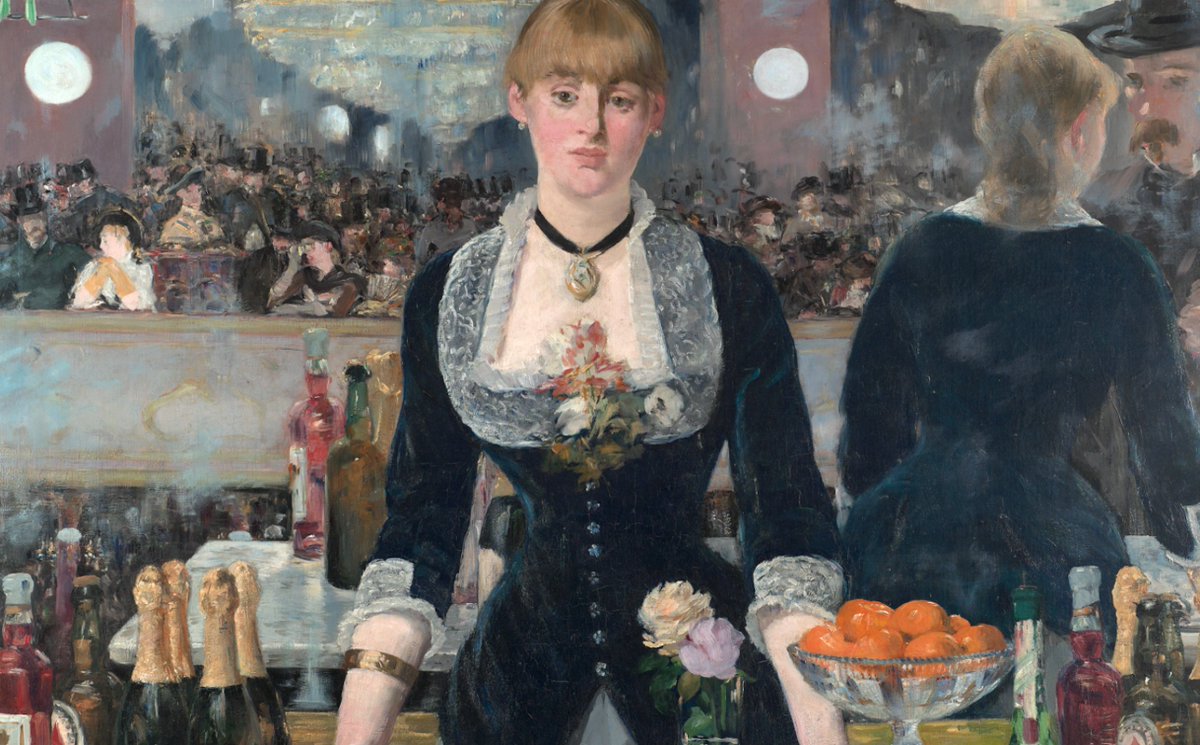https://t.co/ZFU8eXDwxH
Before some so-called Events intervened, @MCHammer and I had agreed to talk about 1. the nature of consciousness and 2. the value of thinking. (I will later put up a thread about planaria, the beautiful animals that started off the conversation!)
.@zenahitz we shall pick up where we left off before being rudely distracted by purveyors of untruths and non truths .. \U0001f624 Peace within is a worthwhile journey.\U0001f54a https://t.co/UQPp1c8ytr
— MC HAMMER (@MCHammer) January 8, 2021
https://t.co/ZFU8eXDwxH
More from Life
And here at ACLU-MA, we know that justice is a labor of love. Here are some of our favorite moments of love and justice in the last year, to brighten your #ValentinesDay.
💞👇💞
Almost exactly a year ago, our clients Hanz and Maudy were reunited after being separated by the cruel "Return to Mexico" policy.
Yesterday, a family of asylum seekers were reunited. Hanz & his son were subjected to #MPP, a cruel policy that forced them into dangerous cities in northern Mexico. We sued on their behalf, allowing them to rejoin their family in Massachusetts. pic.twitter.com/Kce6MTpS9C
— ACLU Massachusetts (@ACLU_Mass) February 7, 2020
You May Also Like
These setups I found from the following 4 accounts:
1. @Pathik_Trader
2. @sourabhsiso19
3. @ITRADE191
4. @DillikiBiili
Share for the benefit of everyone.
Here are the setups from @Pathik_Trader Sir first.
1. Open Drive (Intraday Setup explained)
#OpenDrive#intradaySetup
— Pathik (@Pathik_Trader) April 16, 2019
Sharing one high probability trending setup for intraday.
Few conditions needs to be met
1. Opening should be above/below previous day high/low for buy/sell setup.
2. Open=low (for buy)
Open=high (for sell)
(1/n)
Bactesting results of Open Drive
Already explained strategy of #opendrive
— Pathik (@Pathik_Trader) May 27, 2020
Backtested results in 30 stocks and nifty, banknifty.
Success ratio : approx 40-45%
RR average 1:2
Entry as per strategy
Stoploss = Open level
Exit 3:15 PM Or SL
39 months 14 months -ve, 25 +ve
Yearly all 4 years +ve performance. pic.twitter.com/nGqhzMKGVy
2. Two Price Action setups to get good long side trade for intraday.
1. PDC Acts as Support
2. PDH Acts as
So today we will discuss two more price action setups to get good long side trade for intraday.
— Pathik (@Pathik_Trader) June 20, 2020
1. PDC Acts as Support
2. PDH Acts as Support
Example of PDC/PDH Setup given
#nifty
— Pathik (@Pathik_Trader) June 23, 2020
This is how it created long setup by taking support at PDC.
hopefully shared setup on last weekend helped. pic.twitter.com/2mduSUpMn5












